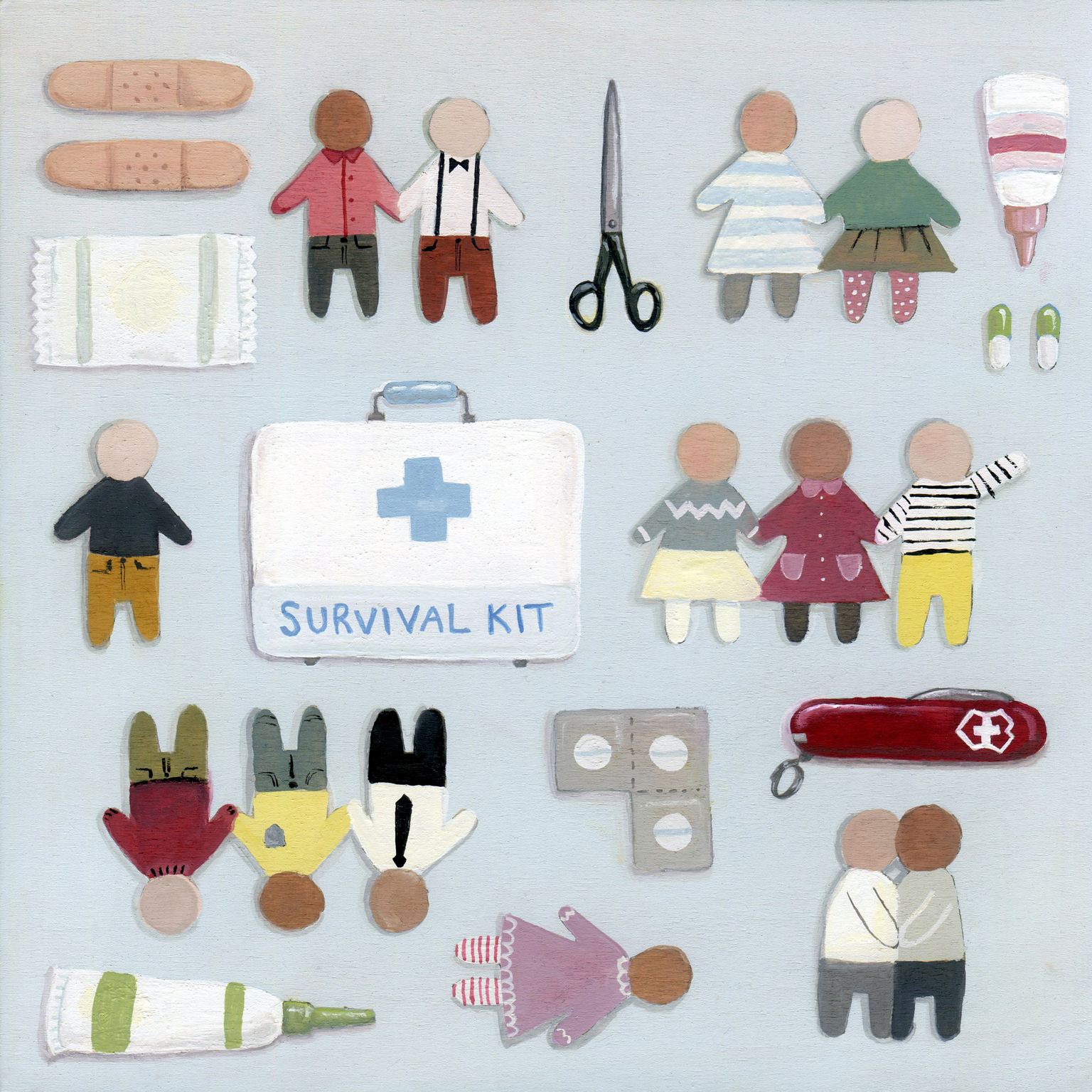When I was 15, I stared down the barrel of a gun. My abusive ex-boyfriend was furious that I did not want to continue our relationship. I remember the unmatched fear at my potential loss of life and then the guilty relief when my classmate, whom I’ll call Jessica, walked up behind him. He didn’t even notice her. I was a black girl from a working class family with immigrant parents, one of whom has since been deported. I was often the only black student in my honors and AP classes in my suburban middle and high schools.
I was waiting for Jessica, someone with more power than me in that moment, to use her voice to literally save my life. She saw what was happening — I’m sure of this because of the wide-eyed face she made — but she slipped out the door and said nothing. There were security guards in our school, and the town police station was a three-minute walk away. It would have taken only for her to say “Keilicia is in danger,” but she chose not to, and that could have led to my death. I was extremely lucky that my ex-boyfriend decided not to pull the trigger without her.
> It would have taken only for her to say “Keilicia is in danger,” but she chose not to, and that could have led to my death.
That afternoon, a friend I’ll call Tiffany walked with me to the bus. I was a little shaken up but otherwise unharmed. The next morning, she waited for me to get off the bus, walked with me into school, and walked me to all of my classes that day. So began our ritual. She was the only other person who knew what happened that day except for Jessica. Tiffany, on the other hand, knew what it meant to feel unsafe because of your blackness, because of your womanhood, because those things existing together signal to some that we are not deserving of protection from harm.
The announcement of the president-elect and the terrifying statistics of his voters’ demographics caused the same confused panic I had standing in that hallway, realizing that Jessica had chosen silence. Again, I am wrestling with understanding that kind of apathy. It gives rise to the same questions I had then: _How long do I have to wait for someone to notice and to help? Would someone really cling to their fear even if it may cost me my life?_ America says forever; America says yes.
> How long do I have to wait for someone to notice and to help? Would someone really cling to their fear even if it may cost me my life?
I try to live each day past survival, but in this moment survival is all I can think about. I am working with others to create a (1) for self-care and self-preservation, for LGBTQ folks, for those who wear religious garb, for domestic-violence survivors who are too afraid to call the police, for evacuation, for alliance building and resource identification, for family planning, for undocumented residents, for the poor and working poor, and for everyone who will be living in even more danger come January.
The work that comes next must be rooted in the belief that another world is possible if we reach for it, if we reach for each other. Find your people, hold them, and don’t let go.
_Keilicia Ariel is an advocate for justice in intimacy who works with organizations as large as the U.S. Department of Justice to reimagine the impacts of our sociopolitical standings on our ability to build healthy and fulfilling relationships._
1) (https://docs.google.com/document/d/12AXVzOvkrO3-Lo-agYOmGjgvkf1uNgrGYKAF8nXnF4A/edit)



